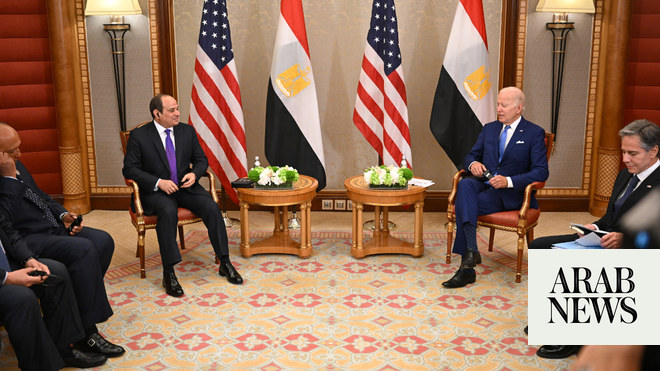
The US and the UK have warned of a risk of arbitrary arrest in China and Hong Kong in updates to their travel advice for citizens.
The US advice urged citizens to “reconsider travel” to Hong Kong, citing an environment in which the central Chinese government “unilaterally and arbitrarily exercises police and security power” in the semi-autonomous city.
Previous US advice urged its citizens to exercise caution in travelling to Hong Kong, but the imposition of new security laws in Hong Kong, and a wave of arrests of foreigners has led to a revision in US thinking.
The new British advice says China’s authorities have under certain circumstances detained foreigners citing “endangering national security”.
“There is also a risk of arbitrary detention, including of British nationals,” it said. British advice previously contained no reference to the risk of arbitrary detention.
The Foreign Commonwealth and Development Office said the UK was not raising the level of travel warning, but the change to the advice reflected the reality on the ground, including recent incidents.
Several foreigners have been detained in China on national security charges in recent months, including Canadians, Australians, Japanese and at least one American.
In one of the latest cases, Cheng Lei, an Australian citizen and anchor on Chinese state television, was detained in August on what Chinese officials described as national security grounds.
Citing the Hong Kong legislation’s extraterritorial application, the US state department’s new advisory warned that the new law “could subject US citizens who have been publicly critical of the [People’s Republic of China] to a heightened risk of arrest, detention, expulsion or prosecution”.
Under the law, suspects may be extradited to the mainland in certain cases. The mainland government has also established an office in the city to oversee the local government’s implementation of the law.
The State Department also reiterated a warning that Beijing was spearheading a propaganda campaign to “falsely” accuse US citizens of “fomenting unrest in Hong Kong”.
The new US advisory warned US citizens that China imposes arbitrary detention and exit bans to compel cooperation with investigations, pressure family members to return to China from abroad, influence civil disputes and gain bargaining leverage over foreign governments.
US citizens travelling or residing in China or Hong Kong, may be detained without access to US consular services or information about their alleged crime, the advice says.
At the same time the US has eased its advice on the risk to health of travelling to China due to progress in handling coronavirus.
Overall, new advisories will do little to reduce tensions between the west and China, and came after the pressure group Hong Kong Watch objected to the arrest and detention in China of 12 asylum seekers picked up on a boat heading to Thailand.
On 27 August 2020, Chinese authorities arrested 12 Hong Kong pro-democracy activists after intercepting a boat in the South China Sea heading towards Taiwan.
The activists in question were fleeing Hong Kong and heading to Taiwan to claim political asylum following being charged under the National Security Law.
Hong Kong Watch said: “Rather than returning the individuals to stand trial in Hong Kong, the Chinese authorities have detained the activists in the mainland city of Shenzhen for over two weeks and have refused to allow them access to legal representation organised by their families.
“The right to legal representation is a clear principle of international law, and Chinese law. We call on the Chinese government to ensure that there is due process in this case, and that every person in detention is treated humanely and with dignity.”
Hong Kong chief executive, Carrie Lamb, said they were wanted for anti-government crimes, and should not be mistaken for democracy activists.
The EU at the meeting requested that President Xi release three “arbitrarily detained” foreigners: Swedish citizen Gui Minhai, as well as the two Canadians, former diplomat Michael Kovrig and entrepreneur Michael Spavor, whose arrests in December 2018 were considered to be in retaliation for Canada’s detention of top Huawei executive Meng Wanzhou.












